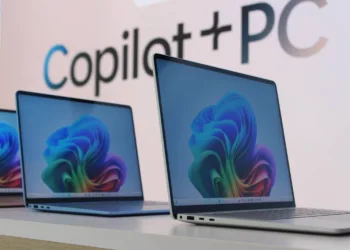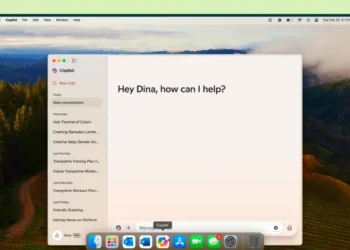Many had hoped that Windows 10 might enjoy an extended lifespan, but those hopes have been dashed. Microsoft has begun reaching out via email to users still operating on Windows 10, clearly indicating that the end-of-life (EOL) phase for this much-loved operating system is approaching. Their message is straightforward: upgrade to Windows 11 as soon as possible.
Windows Latest obtained one of these emails from Microsoft, which is titled: “End of support for Windows — what you need to know.” This communication has likely been dispatched to numerous users and may continue to appear in inboxes as Microsoft rolls out these notifications.
The email clearly states that support for Windows 10 is nearing its conclusion. After October 14, 2025, the operating system will no longer receive free software updates, technical support, or security fixes. However, users can still receive updates if they choose to pay for them.

According to Microsoft’s announcement, users face two choices: determine if their current PC qualifies for the Windows 11 upgrade or consider purchasing a new device. Unfortunately, the reality is less favorable than it may appear. Many existing computers will not meet the new system requirements for Windows 11, leaving users vulnerable to security threats as new patches will not be available. While the suggestion to buy a new PC is sensible, it isn’t an option for everyone.
This email also includes a brief FAQ section encouraging users to either trade in their old devices or recycle them. Microsoft reassures that Windows 10 machines won’t simply stop functioning, which, while not shocking, is certainly comforting news. The downside remains the absence of updates, ultimately compelling Windows 10 users to transition to Windows 11.
Microsoft promotes Windows 11 as the “most secure Windows ever built,” urging users to make the switch. They also highlight OneDrive, which seems unrelated to the main content of the message.
There’s no denying that Windows 10 will be phased out soon. However, many users continue to rely on the operating system, facing the dilemma of either upgrading their PCs or navigating the potential risks associated with the absence of security updates.




